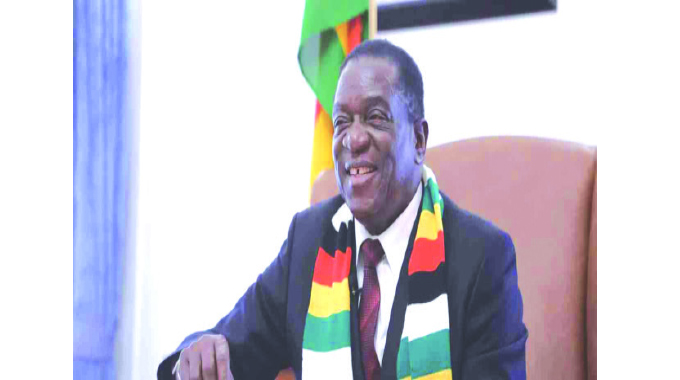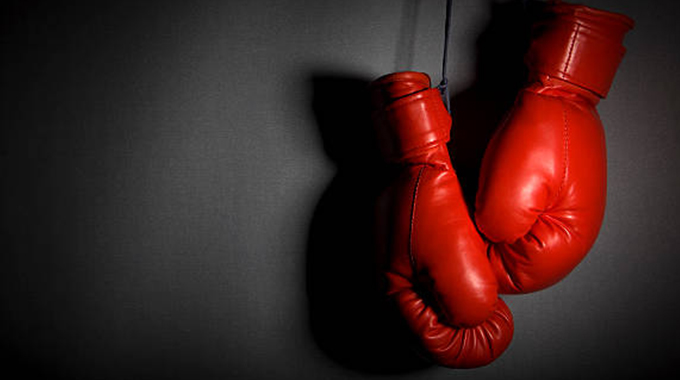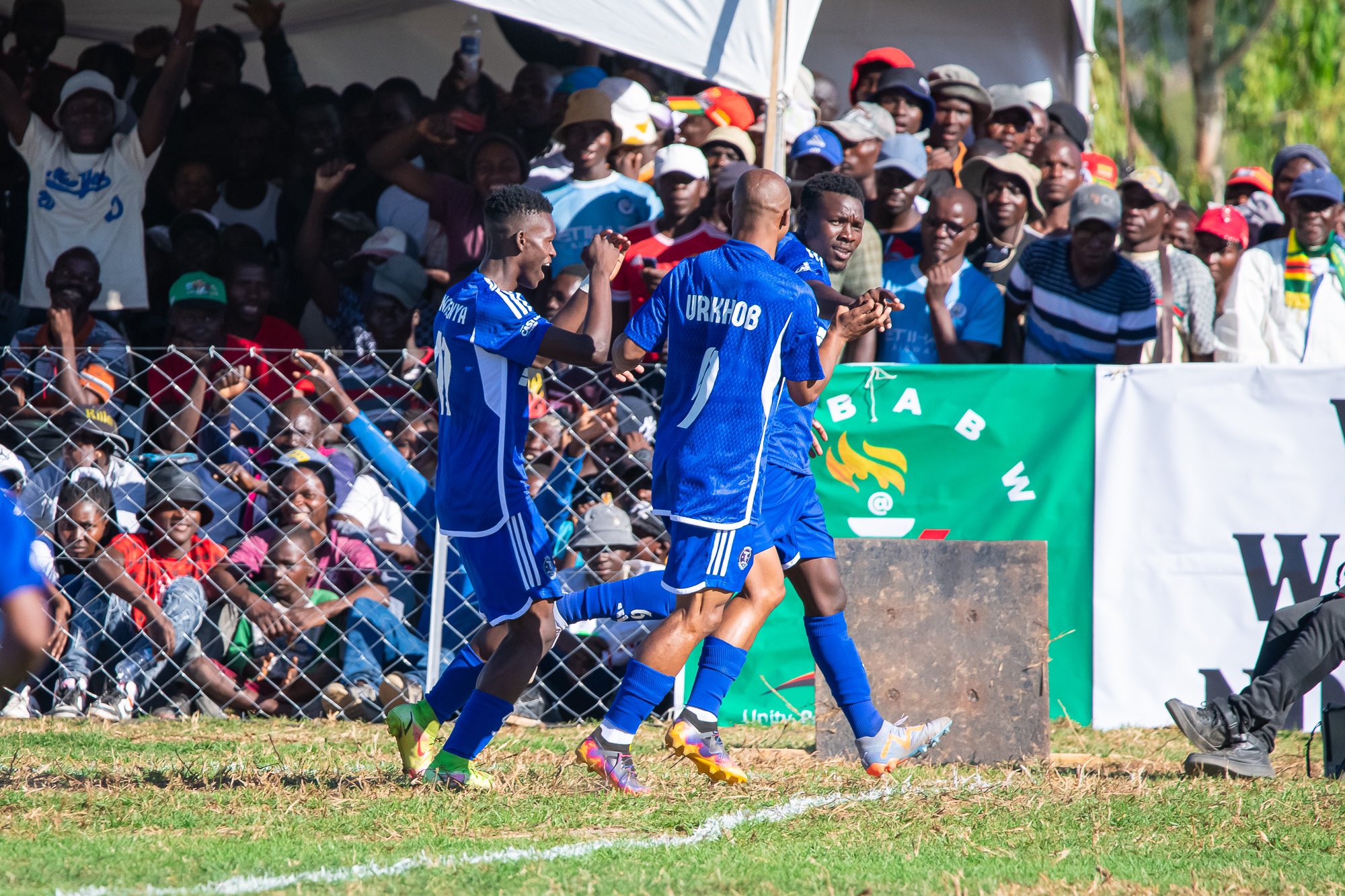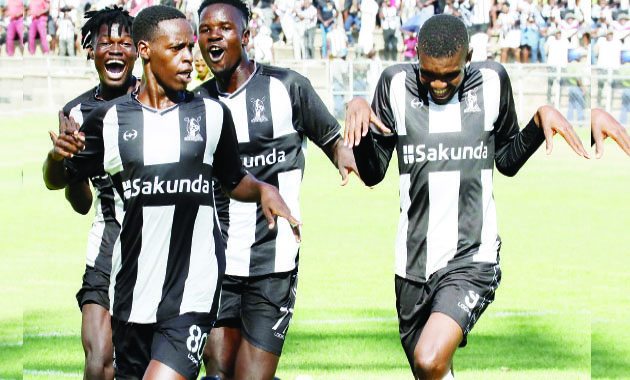President hailed for posthumously declaring new national heroes

Sukulwenkosi Dube-Matutu, Chronicle Reporter
PRESIDENT Mnangagwa has been hailed for declaring the late Cdes Rabelani Choeni, Saul Gwakuba Ndlovu, Elliot Ngwabi as well as top academics Professor George Kahari and Professor Sheunesu Mpepereki as national heroes.
President Mnangagwa informed the Politburo, during an extraordinary meeting on Monday, that he had posthumously conferred national hero status on the five distinguished nationalists.
The Politburo gave a thumbs up to the decision by the President.
Bulawayo Provincial Affairs and Devolution Minister Cde Judith Ncube said this was a long-awaited announcement. She said Cde Saul Gwakuba Ndlovu and the other Cdes deserved the status.
“We thank the President for conferring a national hero status to these Cdes in particular Saul Gwakuba Ndlovu who was resident here in Bulawayo. Cde Ndlovu contributed significantly not only in the liberation struggle but other spheres such as the media fraternity.
“This is not just an honour for the Ndlovu family but the entire province and nation. Our President is a faithful man who doesn’t allow hard work to go by unrewarded,” she said.
Zimbabwe Union of Journalists president, Mr Mike Chideme said the media fraternity was honoured as one of its own had been given such a prestigious recognition. He said Cde Ndlovu was one of the media personnel that had left behind a strong legacy.
Matabeleland South Provincial Affairs and Devolution Minister, Cde Abedinico Ncube said the province was grateful and honoured by the recognition which had been given to Cdes Choeni and Ngwabi.
He said the two played a significant role in liberating the country.
Cde Ncube said Cde Choeni had also played a critical role in leading the party at provincial level and a lot of success stories had been recorded under his leadership.
Cde Choeni was Zanu-PF Matabeleland South provincial chairman and succumbed to Covid-19-related complications on July 16. He was buried at Malusingani in Beitbridge.
Cde Choeni joined the liberation struggle under Zipra in 1974 when he crossed the border into Zambia through Botswana.
After independence, he served in various political portfolios, including as Zanu-PF chairman for Matabeleland South Province, a position he held until the time of his death.
Cde Ndlovu, also a freedom fighter and distinguished journalist, died of a heart ailment aged 87 at the United Bulawayo Hospitals on July 16 and was buried at Lady Stanley Cemetery.
He was has described as a rare breed of journalist whose skills were developed and sharpened by the liberation struggle.
Before joining the mainstream media, Cde Ndlovu was the director of Publicity and Information of the Zimbabwe African People’s Union (Zapu) between 1964 and 1978. He was also the founding editor of a magazine that was published by the party. In 1972, Cde Ndlovu was sent to the Soviet Union by Zapu for military training and participated in the liberation struggle.
After independence, Cde Ndlovu worked for Chronicle and The Sunday News before joining Munn Publishing Company where he was the contributing editor and regional manager responsible for Matabeleland, the Midlands, Masvingo, Botswana and Zambia.
Cde Ngwabi, who was a veteran nationalist, succumbed to Covid-19-related complications aged 85 on August 14. He was interred at his home in Esiphezini (Mabindisa Village) in Umzingwane District, Matabeleland South province.
The late Prof Mpepereki was a renowned academic and University of Zimbabwe lecturer. He succumbed to Covid-19 on July 10 at Parirenyatwa Group of Hospitals at the age of 70. Prof Mpepereki was also presenter on national broadcaster, ZTV, where he co-hosted, a programme called “Zvavanhu” with other academics including the late Dr Vimbai Chivaura, Dr Tafataona Mahoso and Prof Claude Mararike.
Prof Kahari died of Covid-19 complications on July 23, three days after turning 91.
He was an unwavering nationalist, top academic, diplomat, educator, arts administrator and writer. During his career, Prof Kahari served as Zimbabwe’s Ambassador to Germany, Italy and Czechoslovakia.
He was also one of the founders of the Catholic University of Zimbabwe, which was founded in 1999, and the first black director at the National Gallery of Zimbabwe.
Prof Kahari became active in nationalist politics in 1958 when he joined the African National Congress (ANC) before moving to Zapu, where he was elected Central Committee member and Deputy Publicity Secretary in 1975.
Prof Kahari was then appointed member of the Zapu delegation to the Geneva conference in 1976. In academic circles, he taught at various schools and colleges including the School of Oriental and African Studies at the University of London, as well as the University of Zimbabwe.
He had over 10 publications to his name, among them: The Odyssey of Shona Narratives, A Standard Dictionary of Shona-English Names, and The Search for Identity and Ufuru. — @DubeMatutu











Comments